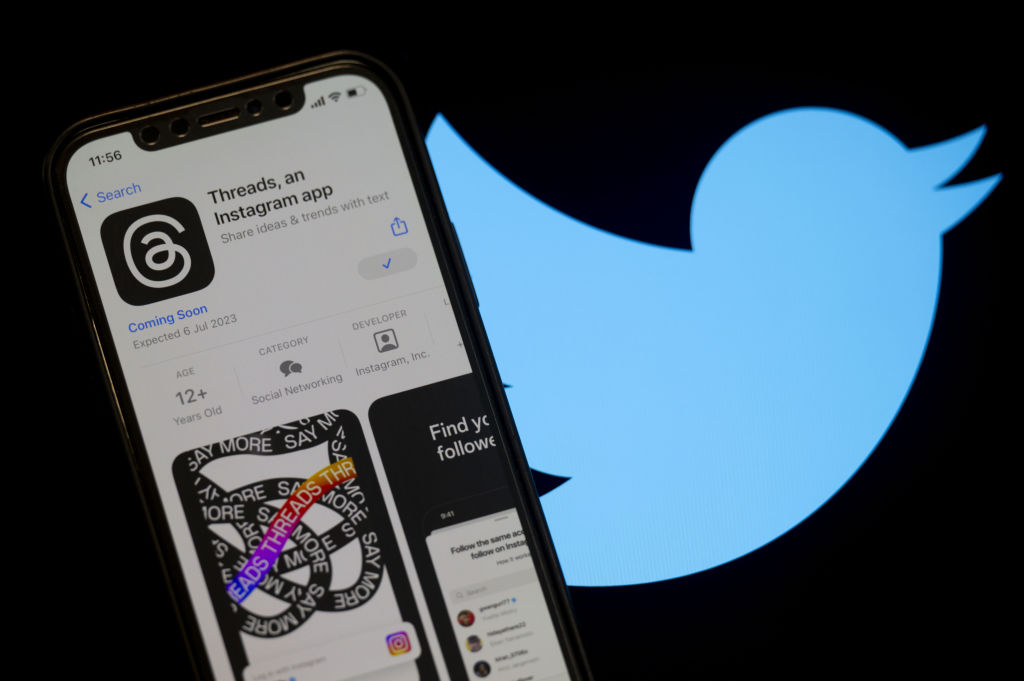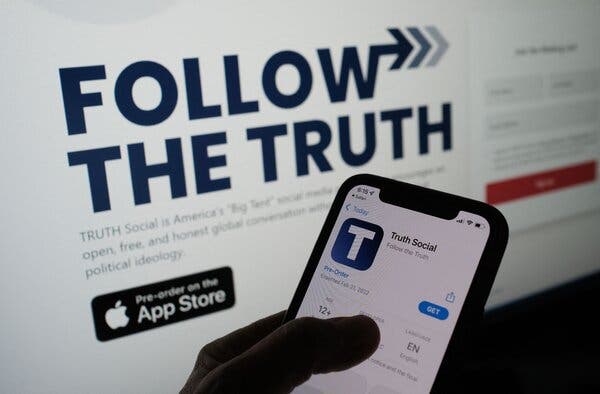Elon Musk-owned Twitter has issued a threat to sue Meta Platforms over its newly launched Threads app.
Investors King understands that Twitter’s lawyer Alex Spiro sent a letter to Mark Zuckerberg, CEO of Meta Platforms, expressing serious concerns regarding the alleged misappropriation of Twitter’s trade secrets and intellectual property by Meta.
Threads, which was launched by Meta just last week, has already garnered over 30 million sign-ups. The app aims to challenge Elon Musk‘s Twitter by leveraging the massive user base of Instagram, which is owned by Meta.
However, Twitter has raised red flags and accused Meta of engaging in “systematic, willful and unlawful misappropriation” of its trade secrets and other highly confidential information, as stated in Spiro’s letter.
Spiro’s letter further demands that Meta immediately ceases the use of any Twitter trade secrets or highly confidential information and warns of Twitter’s intention to strictly enforce its intellectual property rights.
The letter also alleges that Meta has recruited former Twitter employees who had access to Twitter’s trade secrets and other sensitive information, as reported by Semafor.
Responding to these allegations, Meta spokesperson Andy Stone took to Threads to deny any involvement of former Twitter employees on the Threads engineering team.
Stone stated, “No one on the Threads engineering team is a former Twitter employee — that’s just not a thing.” This contradicts the claims made by Spiro in his letter.
However, Reuters said it had reached out to a former senior Twitter employee, who expressed unawareness of any former colleagues working on Threads or joining Meta in senior positions. The lack of confirmation from reliable sources casts doubt on the validity of Twitter’s accusations against Meta.
Meanwhile, Twitter’s owner, Elon Musk, weighed in on the matter, stating, “Competition is fine, cheating is not,” in response to a tweet discussing the news. Since Musk’s takeover of Twitter in October 2022, the platform has faced competition from platforms like Mastodon and Bluesky.
Interestingly, the user interface of Threads bears a striking resemblance to Twitter, although it lacks features such as keyword searches and direct messages.
At the time of reporting, Spiro had not responded to Reuters’ requests for comment, leaving the situation without any further clarification from Twitter’s legal representative.
As the battle between Twitter and Meta Platforms intensifies, the fate of Threads hangs in the balance. It remains to be seen whether Twitter will pursue legal action or if the dispute can be resolved through negotiations.
In the ever-evolving landscape of social media, competition and intellectual property disputes continue to shape the industry’s trajectory, with potentially significant implications for the future of these platforms.




 Forex3 weeks ago
Forex3 weeks ago


 Naira3 weeks ago
Naira3 weeks ago
 Billionaire Watch2 weeks ago
Billionaire Watch2 weeks ago






 Naira3 weeks ago
Naira3 weeks ago






 Naira2 weeks ago
Naira2 weeks ago




 Naira1 week ago
Naira1 week ago




 Naira4 weeks ago
Naira4 weeks ago






 Naira1 week ago
Naira1 week ago















